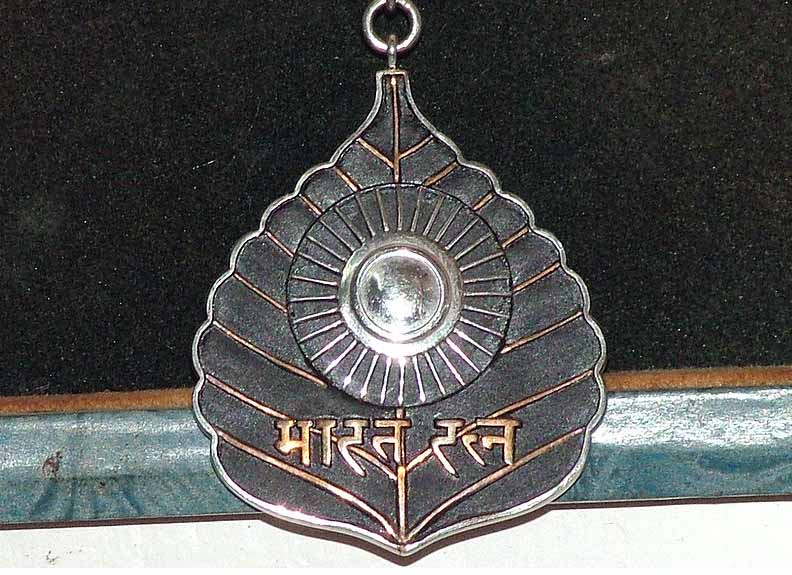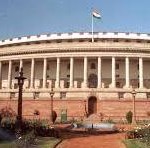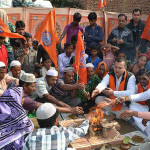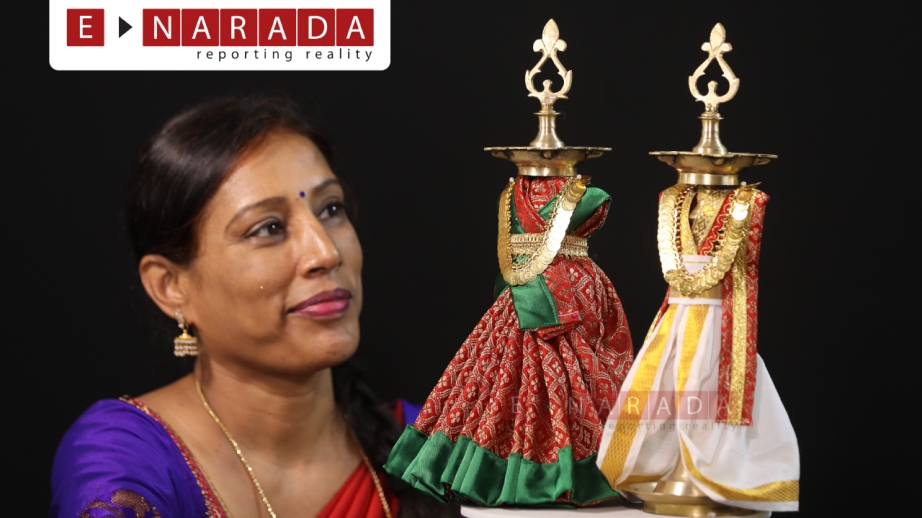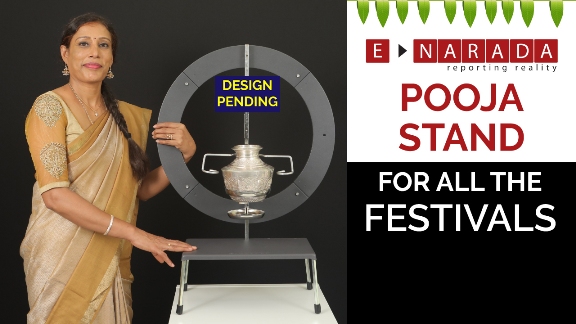ENARADA, New Delhi
By Sri Krishna
The way an unseemly controversy appears to have been raised over the giving of Padma awards and that of all people from sportspersons, it does give rise to a question – Do we really need to have awards like Bharat Ratna and Padma – when they have been politicised.
The awards are announced on the eve of every Republic Day and the list virtually runs into hundreds and though on paper it is supposed to be given to individuals for their contribution to society and the country, yet the final list hardly has many who are thus qualified to get the awards.
Even the nation’s highest honour – Bharat Ratna – has been so badly politicised that one can virtually question many of those who have been given this award.
After years of wait, now when a BJP-led NDA Government has come to power in the Centre, its leader Atal Bihari Vajpayee was conferred Bharat Ratna and alongwith him, Pandit Madan Mohan Malaviya too was posthumously given the award.
One does not want question but surely giving this award posthumously does raise plenty of questions.
As the issue has now been raised in many quarters, why not to even so many others who have contributed to the country’s development.
In fact some have even asked why not to Emperor Ashoka or for that matter Mughal Emperor Akbar.
The argument may seem to border on the ridiculous but if it is being given posthumously, why not ?
In fact when cricketer Sachin Tendulkar was given the Bharat Ratna, one wondered what was his major contribution.
Without doubting his cricketing talent, what was his other contribution. One may be opening a can of worms by raising some questions.
Yes, Sachin was indeed one of the finest cricketer this country has produced so far and his love and dedication for the game cannot be questioned.
But, wasn’t cricket his livelihood and to shine in the profession of your choice you have to work hard and that is what he did.
Here once again one can ask what about the contribution to tennis made by Ramanathan Krishnan and if now Bharat Ratna is being also given posthumously, why not Dhyan Chand who was indeed one of the finest hockey players.
Coming to Padma awards, the manner in which a controversy has now been raised with Olympic boxing medallist Vijender Kumar and badminton Olympic medallist Saina Nehwal also virtually crying to be given Padma Bhushan.
As Vijender Kumar said “individual medallists, including me, should be eligible.”
All this does bring to mind the joke by the veteran film star David who once remarked “give me Padma and you keep the Shri.”
Examples like the Padma Vibhushan being given to Brajesh Mishra who was national security adviser to Vajpayee for his support to the nuclear deal and to U.S. based businessman Sant Singh Chatwal, a jet-set New York hotelier now under a cloud for dodgy deals with Indian banks. He was decorated with a Padma Bhushan for lobbying with American senators on the Indo-US nuclear deal.
Clearly the manner in which the awards have virtually been doled out does have a political colour to it.
Take for example the conferring of Bharat Ratna on former Tamil Nadu Chief Minister M.G. Ramachandran by late Prime Minister Rajiv Gandhi.
What could be the reason for giving this award and it is precisely these kind of scenarios arising that made Constitution framers — led by freedom fighter Acharya Kripalani — insert Article 18(1) abolishing all titles.
But, to skirt around this governments of the day gave them the nomenclature “national awards”. Kripalani, a Lok Sabha MP, then moved “The Conferment of Decoration on Persons (Abolition) Bill 1969.” His motion was defeated.
The value of these awards indeed descended to an all time low when a Padma Shri was given to a Bollywood actor charged with poaching the endangered black buck, and for a surrendered Kashmiri militant against whom cases of extortion and attempted murder are pending.
The giving of these awards turned to pleasing an individual’s desire to honour someone they liked such as when the first President of this country Dr Rajendra Prasad ordered a Padma Shri for his favourite nurse and late prime minister V.P. Singh gave Bharat Ratna to late Dr B.R. Ambedkar in what was clearly seen as he attempting to play the pro-Dalit card.
Zail Singh, Vajpayee and Dr.Manmohan Singh sought to honour their eye, knee and heart surgeons respectively. But Indira Gandhi took the cake: she decorated herself with a Bharat Ratna!
It would be indeed interesting to recall here the ruling by the Supreme Court in the Balaji Raghavan v Union of India (1995), as it upheld the decorations “as awards, not titles” on arguably thin grounds. On the awards violating the principles of equality and democracy, the court observed that the theory of equality does not mandate that merit should not be recognised.
Now, here indeed is a grey area, namely, merit. Who judges the merit of the individual being conferred the award.
A person who cured a leader of an ailment or took care of the leader merit such an award. This and many other questions would arise when it is merit that is taken into account for the giving of this award.
The judgment cited Article 51-A (Fundamental Duties) which exhorts every citizen to strive towards excellence in all spheres of individual and collective activity. “It is therefore necessary,” the court reasoned, “that there should be a system of awards and decorations to recognise excellence in the performance of these duties.” But if doing one’s duty always calls for rewards by way of governmental recognition, and since following the law is a citizen’s primary duty, shouldn’t every law-abiding citizen then lay claim to these awards? Isn’t this an unseemly leap of legal reasoning by the country’s highest judiciary?
The court also noted that “it is axiomatic that the misuse of a concept does not change its inherent nature.” It failed to note the equally applicable axiom that the long-term systemic abuse of that concept debases it beyond repair, and thus renders it unsuitable for the very purpose for which it was instituted.
The judgment mandated that the awards shall not be used as pre-fixes with names and that the awardees in all categories be restricted to 50 or less. The number routinely exceeds 100.
At the end the question – Are these awards really necessary?
Posted on January 7 , 2015, 10:00am
(Author is a Senior Journalist and his email id is srikrishna1952@gmail.com)

